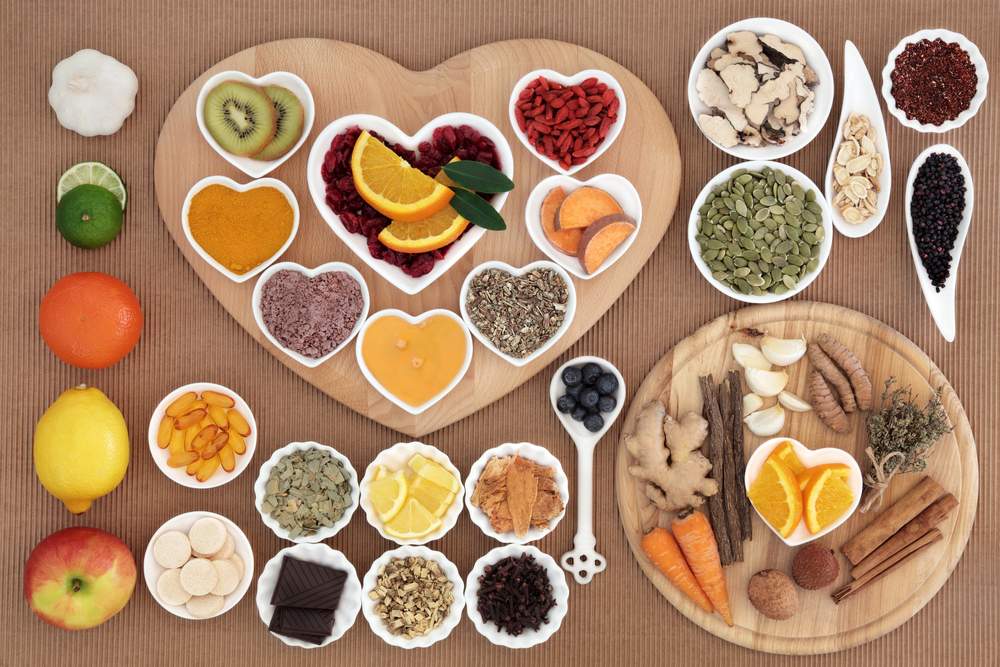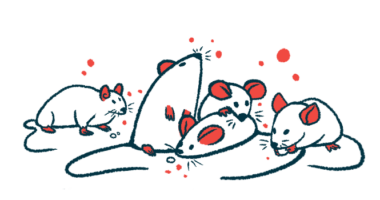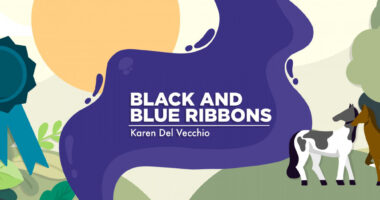EDS and Diet

Eating a “heart-healthy diet” can be important for people with Ehlers-Danlos syndrome (EDS), a rare disease that causes weakness in the connective tissue that gives structure to different organs and tissues in the body.
In EDS, patients’ blood vessels may be weaker than normal, meaning that increases in blood pressure can escalate the risk of complications like bruises and tears in blood vessels.
High blood pressure also increases the risk of heart attack and stroke, as well as heart failure — for people with and without EDS.
What is a heart-healthy diet?
In general, following a heart-healthy diet means avoiding processed foods and increasing consumption of fresh fruits and vegetables, which are good sources of vitamins and minerals. A heart-healthy diet contains reduced sodium and increased omega-3 fatty acids.
What foods should I avoid?
Decrease your intake of foods and beverages containing processed sugar — such as pastries, bread, and soda or cola drinks. It’s also important to decrease the amount of cholesterol and saturated fat that you take in, by reducing eggs, whole milk, cheese, and fried foods.
What foods should I consume?
Increase the amount of whole grains in your diet by consuming high-fiber cereals, whole-grain breads, and oatmeal.
Fresh fruits and vegetables are part of a heart-healthy diet, especially those high in fiber. Choose low-fat protein sources, especially those that are high in “good fats” like omega-3 fatty acids. These might include cold-water fish like salmon, albacore tuna, lake trout, and sardines, or other foods like flaxseed oil, canola oil, and walnuts.
Legumes — beans, peas, and lentils — also are good sources of protein that contain less fat and no cholesterol. Many people use legume-based protein like soy and tofu in place of meat.
A note of caution
Please make sure that you talk to your physician and a registered dietitian before making drastic changes to your diet. You want to ensure that any changes are safe and sustainable, and that you will continue to get all the nutrients you need. You also want to enjoy what you are eating.
Last updated: Dec. 4, 2019
***
Ehlers-Danlos News is strictly a news and information website about the disease. It does not provide medical advice, diagnosis, or treatment. This content is not intended to be a substitute for professional medical advice, diagnosis, or treatment. Always seek the advice of your physician or other qualified health provider with any questions you may have regarding a medical condition. Never disregard professional medical advice or delay in seeking it because of something you have read on this website.






